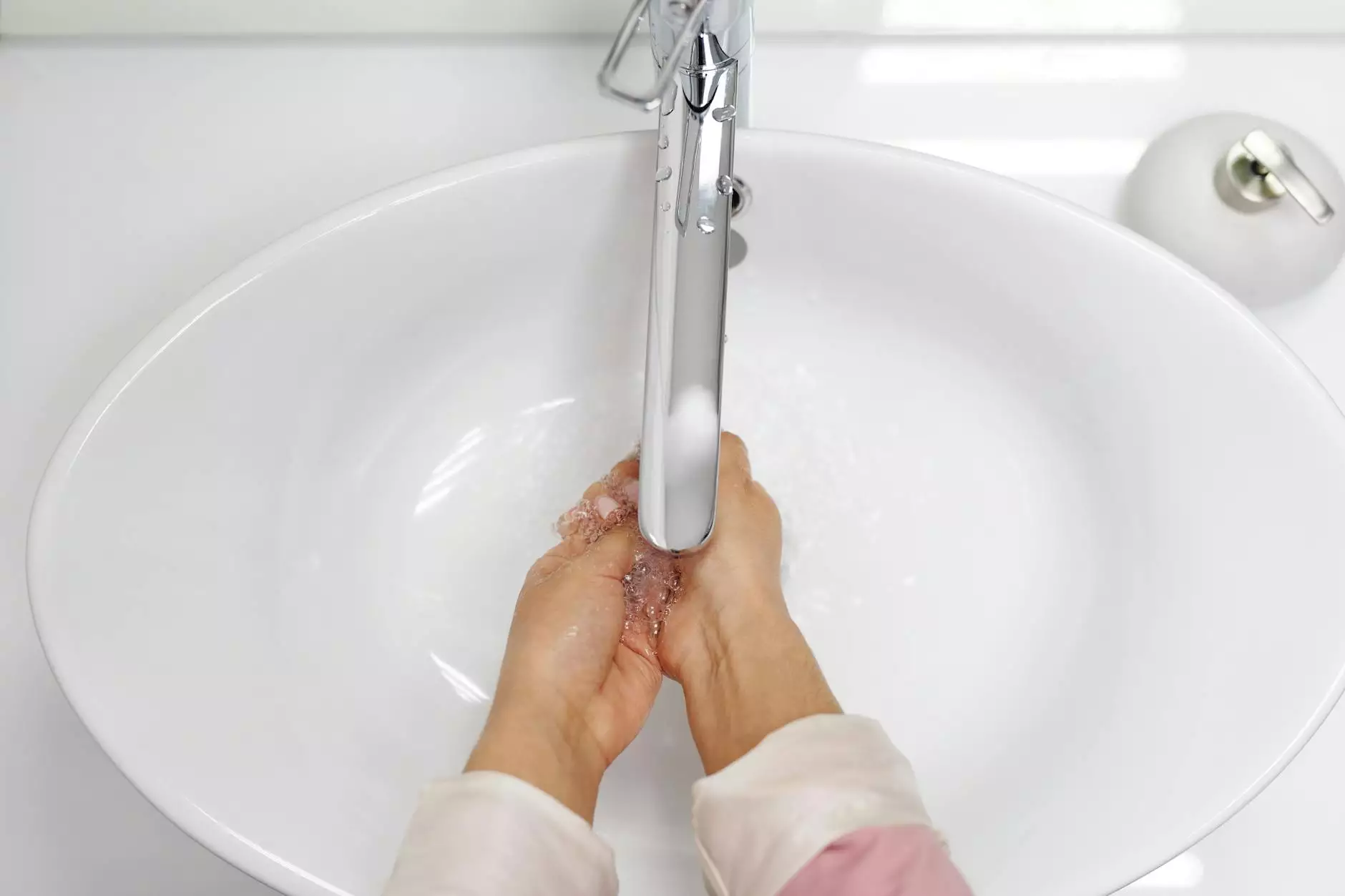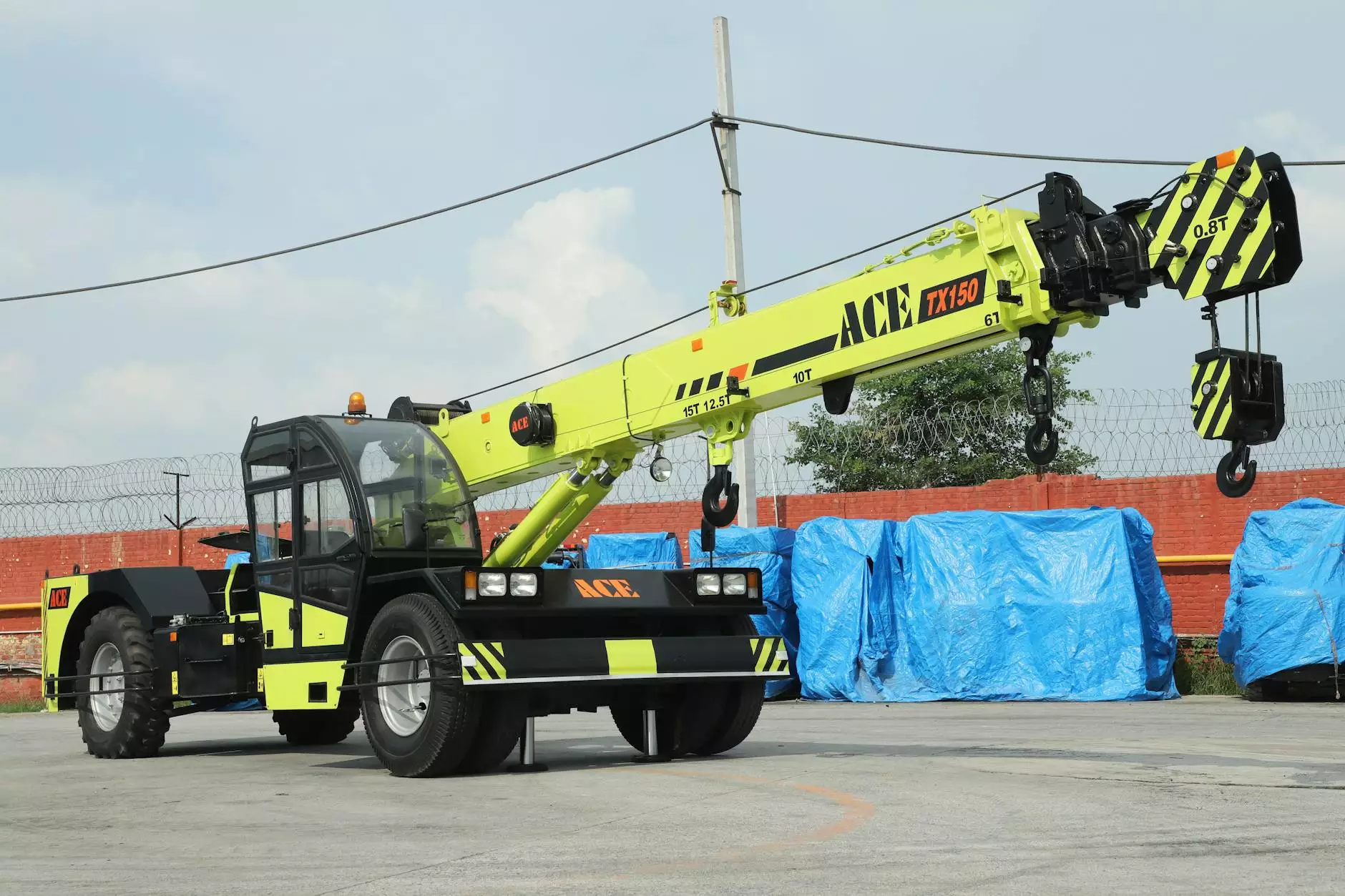Enhancing Accessibility with Toilet Handicap Seats

In today's rapidly evolving world, the importance of inclusivity and accessibility cannot be overstated. Individuals with disabilities deserve to access all areas of life, including personal care facilities and their own homes. One critical component of enhancing accessibility is the use of toilet handicap seats. In this comprehensive article, we will delve into what toilet handicap seats are, their benefits, and how they play an essential role in personal care services, home health care, and elder care planning.
What are Toilet Handicap Seats?
Toilet handicap seats, also known as elevated toilet seats or toilet risers, are specially designed fixtures that assist individuals with mobility challenges. These seats are designed to make the toileting process safer and more comfortable for those who have difficulty using standard toilets due to various physical limitations.
Typically, these seats are made from sturdy materials and come in various styles, including:
- Standard Elevated Seats: These seats add height to the existing toilet seat, making it easier to sit down and get up.
- Commodes: Portable toilet chairs that can be placed next to the bed for individuals who have severe mobility issues.
- Toilet Frames: These provide support on both sides of the toilet, offering additional stability for users.
Why Are Toilet Handicap Seats Important?
Toilet handicap seats are not just about comfort; they are essential for enhancing safety and dignity in personal care. Here are several reasons why these seats can be life-changing:
1. Increased Safety
Falls in the bathroom are a common hazard, particularly for elderly individuals or those with disabilities. The height of standard toilet seats can pose significant challenges. Toilet handicap seats can reduce the strain on the joints and the risk of falls, making it a safer space for users. With added support, individuals can navigate the bathroom with confidence.
2. Enhanced Comfort
For individuals with mobility challenges, the act of sitting down or rising from a low toilet seat can be uncomfortable and painful. Elevated toilet seats provide a more comfortable experience, allowing users to maintain their dignity while attending to their personal needs.
3. Independence and Autonomy
Being able to use the toilet independently is a significant aspect of personal autonomy. Toilet handicap seats empower individuals to perform their personal care tasks without the constant need for assistance. This fosters confidence and enhances their quality of life.
4. Encouragement of Personal Hygiene
Maintaining personal hygiene is crucial for overall health. When individuals find it difficult to use the bathroom, they may neglect their hygiene, leading to health complications. Toilet handicap seats encourage users to keep up with their personal care routines, thus promoting better health outcomes.
Choosing the Right Toilet Handicap Seat
When selecting a toilet handicap seat, it is essential to consider several factors to ensure that the chosen fixture meets the user's needs:
- Weight Capacity: Ensure the seat can support the user’s weight comfortably.
- Height Adjustment: Some seats offer height adjustments for customizable comfort.
- Easy Installation: Choose a seat that can be easily installed without requiring extensive tools or expertise.
- Material Quality: Opt for seats made from durable and easy-to-clean materials.
- Design: Consider whether you need a seat with armrests or additional support features.
Toilet Handicap Seats in Personal Care Services
Personal care services encompass a broad range of support systems designed to assist individuals with daily living activities. Within these services, the incorporation of toilet handicap seats is crucial.
Caregivers often assist clients in various aspects of personal care, including toileting. The provision of an elevated toilet seat can reduce the physical strain on both the caregiver and the client during these tasks. For example, caregivers can ensure that clients feel supported while using the restroom, thereby alleviating anxiety and stress.
Training Caregivers in Proper Use
When implementing toilet handicap seats, proper training is necessary for caregivers. They should understand how to assist individuals effectively while promoting independence. This training includes:
- How to position the individual safely.
- Understanding the specific needs of different clients.
- Encouraging clients to maximize their independence.
Toilet Handicap Seats in Home Health Care
Home health care has become an increasingly popular choice for many individuals seeking personalized medical care in the comfort of their homes. The integration of toilet handicap seats within home health care plans is vital for several reasons.
Customizing Home Environments
Home health professionals often assess the living environment of their clients and suggest modifications to enhance safety and comfort. By recommending toilet handicap seats, professionals can help reduce the risk of falls and other accidents.
Promoting Long-Term Health Outcomes
Accessibility features, such as toilet handicap seats, can lead to better health outcomes for patients, reducing hospital visits related to falls or injuries. By ensuring individuals are comfortable and safe, home health care providers can focus on overall wellness rather than reactive care.
Toilet Handicap Seats in Elder Care Planning
Elder care planning involves anticipating the needs of older adults and making the necessary adjustments to ensure they can age in place safely and comfortably. Toilet handicap seats are an integral aspect of this planning due to the following factors:
Preparing for Increasing Needs
As individuals age, their mobility and strength may decline. Implementing supportive features like toilet handicap seats early can prepare families for future needs. Creating a comfortable and supportive bathroom environment can ease the transition as mobility challenges arise.
Encouraging Family Involvement
Including other family members in the decision-making process regarding the installation of toilet handicap seats can foster a sense of community and support. Families can collaborate to ensure the safety and well-being of their elderly loved ones while continually promoting independence.
Conclusion: The Future of Accessibility with Toilet Handicap Seats
In conclusion, the integration of toilet handicap seats into personal care services, home health care, and elder care planning embodies a commitment to enhancing the quality of life for individuals with mobility challenges. By prioritizing safety, comfort, and independence, toilet handicap seats serve as vital tools in the ongoing pursuit of accessibility and inclusivity.
As we move toward a future where accessibility is an integral part of our daily lives, businesses like expressramps.com play an essential role in promoting the use of these critical features. Together, we can ensure that everyone, regardless of their physical capabilities, can lead a dignified and fulfilling life.









